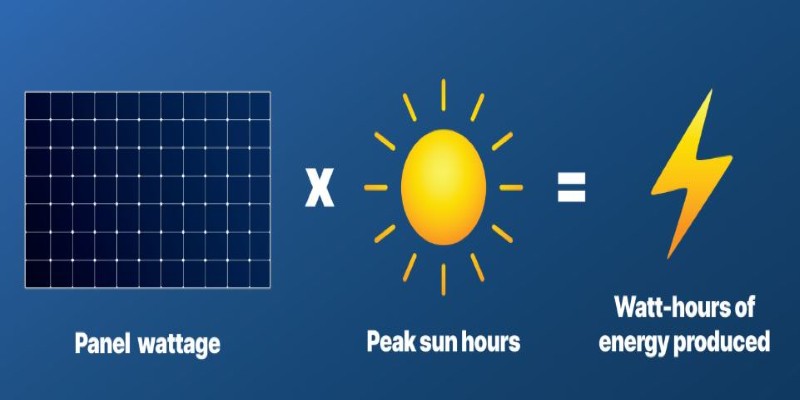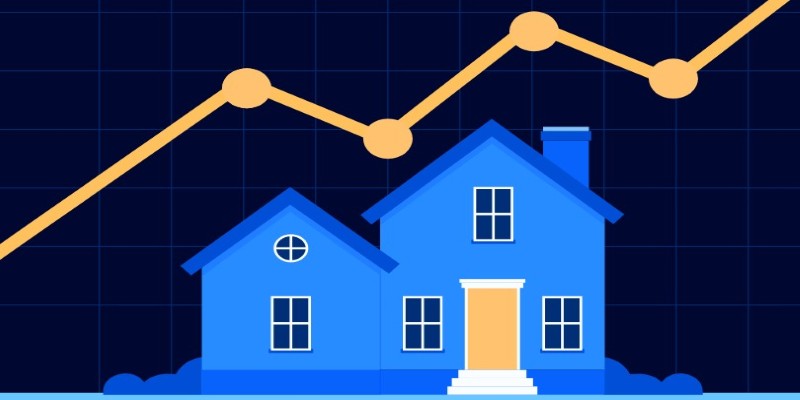When you're looking to buy a home, few decisions are as confusing as choosing between a mortgage lender and a mortgage broker. They both seem to help with loans, they both talk numbers, and they both want to get you a mortgage. But the way they work—and how it impacts your loan, fees, and even your stress level—is quite different.
Understanding this difference isn't just about picking a side. It's about understanding how the system works so you can make more informed decisions with one of the biggest financial steps of your life. Here's what you need to know.
How Mortgage Lenders Work?
Mortgage lenders are financial institutions that provide funds directly to you. Think of your traditional banks, credit unions, or online lenders. When you work with a mortgage lender, you're dealing with the source of the loan. They control the application process, the underwriting (where they assess your risk as a borrower), and the funding. You're borrowing from them, and they either keep the loan or sell it to an investor.
The key thing to understand here is that lenders operate based on their loan products. Each lender has its own set of interest rates, loan types, credit requirements, and policies. If you go directly to one, they will only show you what they offer. That means if there's a better deal somewhere else, you won't know—unless you shop around yourself.
A benefit of going directly to a mortgage lender is speed. Since you're cutting out the middleman, there are fewer layers of communication. If you know exactly what type of loan you want and have a straightforward financial situation, working with a lender can be an efficient and streamlined process. Also, some lenders might offer better deals or reduced fees if you apply directly, especially if you have an existing relationship with them.
However, the downside is limited choice. Unless you're willing to approach multiple lenders and compare offers, you may miss out on a better loan elsewhere. And not everyone has the time or confidence to go lender-hunting on their own.
What Mortgage Brokers Actually Do?
Mortgage brokers are the go-betweens. They don't lend money themselves. Instead, they act as matchmakers between borrowers and lenders. When you work with a broker, they assess your financial situation and then reach out to several lenders on your behalf to find a suitable loan. Think of them as your mortgage shopper.

A good broker has access to a wide network of lenders—some of which may not be easily available to the public. They understand the ins and outs of various mortgage programs, including niche options that fit specific borrower profiles. If your financial history is complex or your credit isn’t perfect, a broker may be better equipped to find a loan that fits your circumstances.
Another key advantage is convenience. Instead of applying to different lenders separately, you go through the process once with a broker. They gather your documents, run your credit once, and do the shopping for you. In some cases, this can save you both time and stress, especially if you’re unsure of where to start.
But that convenience comes with a cost. Mortgage brokers usually earn a commission, either from you or from the lender—sometimes both. While many brokers are upfront about their fees, not all are transparent. You might end up with a loan that carries slightly higher costs to cover their compensation. And while brokers can access many lenders, they don’t always shop the entire market. They often work with a set group of lenders they have relationships with.
Which One Should You Choose?
The choice between a mortgage lender and a mortgage broker depends on your financial knowledge, how much time you’re willing to spend researching, and the complexity of your situation.

If you're a first-time homebuyer, unsure of your credit score's impact, or dealing with unique income sources (such as freelance or contract work), a broker may be the better option. They can guide you through the maze and find lenders that are more flexible with your profile. You get access to a range of options without having to dig for them yourself.
On the other hand, if you’ve been through the mortgage process before, have a solid understanding of your finances, or already have a lender you trust, going straight to a lender can simplify the process. You avoid paying extra fees and might close faster, especially if your financials are strong and straightforward.
Another factor is control. When you work with a lender, you’re communicating directly with the people who are approving and funding your loan. That can sometimes make it easier to get questions answered or updates on your application. With a broker, there’s an extra layer between you and the lender, which can occasionally slow things down or lead to miscommunication.
What matters most is transparency. Whether you choose a lender or a broker, ensure you understand the fees, rates, and terms being offered to you. Don't be afraid to ask direct questions about commissions, lender partnerships, and what other options are on the table. A reputable broker or lender should always be willing to provide clear and honest answers.
Conclusion
Choosing between a mortgage lender and a broker isn’t about picking the “right” one—it’s about finding who best fits your situation. Brokers bring options and guidance. Lenders offer speed and direct communication. One isn’t better than the other across the board; it depends on how much help you want, how confident you feel, and how complex your finances are. What matters is that you understand the process. Ask questions. Compare offers. Read every document. Whether you go with a broker or lender, know who you’re working with and how they get paid. A mortgage is a big deal—make sure it works in your favor from day one.












